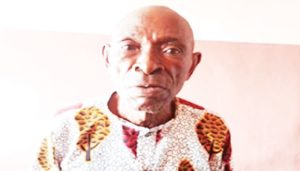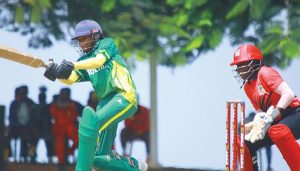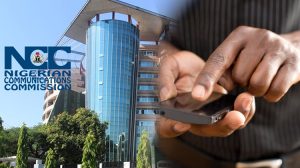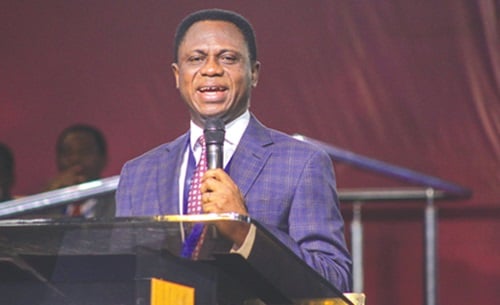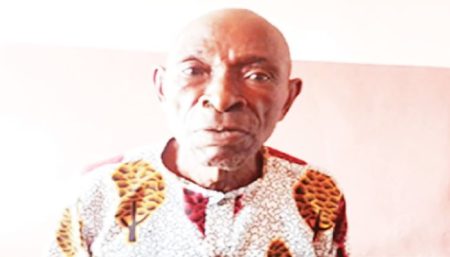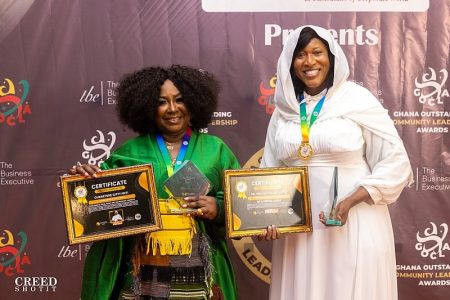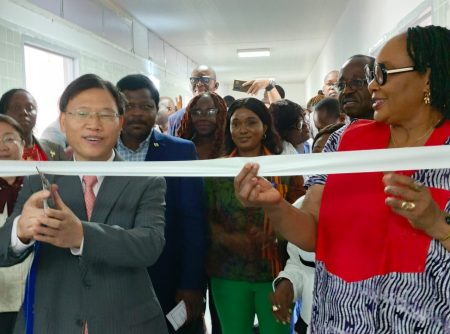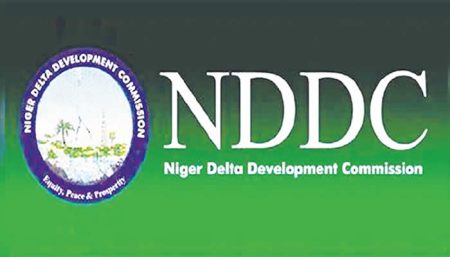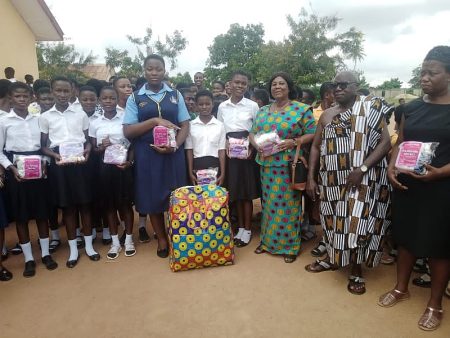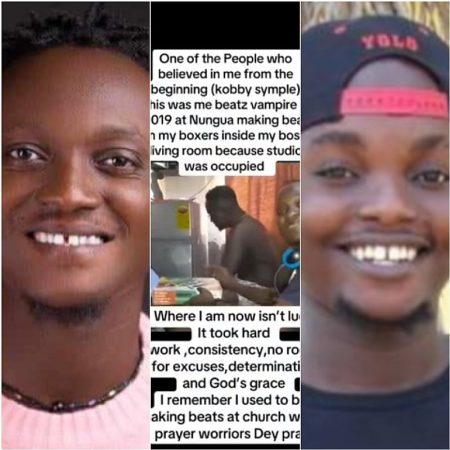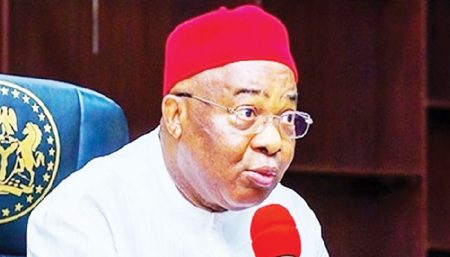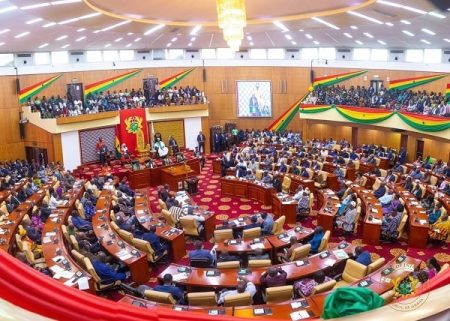The Ghana Pentecostal and Charismatic Council (GPCC) and the Ga Traditional Council (GTC) have locked horns over the enforcement of the annual ban on drumming and noise-making in Accra, leading to rising tensions between religious freedom and cultural tradition. The ban, a customary practice preceding the Ga people’s Homowo Festival, is intended to create a period of reflection and spiritual cleansing. However, the GPCC has raised serious concerns regarding the GTC task force’s enforcement methods, alleging intimidation, harassment, unlawful entry into churches, and disruption of services. The Council condemns these actions as exceeding the task force’s mandate and infringing upon the constitutional right to freedom of worship.
At the heart of the dispute lies the GPCC’s assertion that the task force’s actions go beyond reasonable enforcement. They point to instances where church instruments have been confiscated and allegedly destroyed, even when sound levels were within legal limits set by the Environmental Protection Agency (EPA). This, the GPCC argues, constitutes an overreach of traditional authority and a violation of fundamental rights enshrined in the Ghanaian constitution. They maintain that cultural practices, regardless of their historical significance, cannot supersede the constitutional guarantee of religious freedom. Furthermore, the GPCC feels churches have been unfairly targeted by the enforcement, a sentiment they find particularly troubling given the Christian community’s long-standing contribution to peace and order in Ghana.
The GTC, however, defends its actions as necessary to uphold a time-honored tradition essential to the spiritual and cultural life of the Ga people. Nii Kojo Nseni Mankata, head of the GTC task force, denies allegations of harassment, explaining that the task force issues summons to those who violate the ban, requiring them to appear before the GTC’s Judicial Committee. He insists the ban applies equally to all sources of excessive noise, including mosques and other establishments, not just churches. He clarifies that the ban doesn’t prohibit the use of microphones altogether but requires that sound levels be contained within the premises of the institutions.
While acknowledging the GTC’s openness to dialogue, the GPCC stresses the need for a more balanced approach to enforcement that respects constitutional rights. The Council has appealed to higher authorities, including the Ministry of Chieftaincy and Religious Affairs and the National Peace Council, to mediate the dispute and prevent further escalation. They emphasize the importance of upholding Ghana’s reputation for harmony and peaceful coexistence, urging a swift and decisive resolution to the conflict.
The core issue revolves around finding a balance between respecting cultural heritage and protecting fundamental freedoms. The GTC views the ban as a crucial element of their cultural identity and preparations for the Homowo festival, while the GPCC emphasizes the paramount importance of constitutional rights, particularly freedom of worship. Both sides acknowledge the need for peaceful coexistence but differ on how to achieve it within the context of the ban. The GTC’s willingness to engage in dialogue suggests a potential pathway towards a mutually acceptable solution, but the GPCC’s concerns about targeted enforcement and excessive measures remain a significant hurdle.
This year’s ban, which began on May 12th and will continue until June 12th, 2025, has already resulted in summons being issued to approximately 19 churches. The ban encompasses all forms of noise-making, including drumming, the use of loudspeakers, and even clapping. The outcome of the dialogue between the GTC and the GPCC, along with the intervention of mediating bodies, will be crucial in determining how future iterations of the ban are enforced and whether a sustainable balance can be found between cultural practice and constitutional freedoms in Ghana. The situation underscores the complex interplay between tradition and modernity, and the ongoing need for dialogue and understanding in a diverse society.


